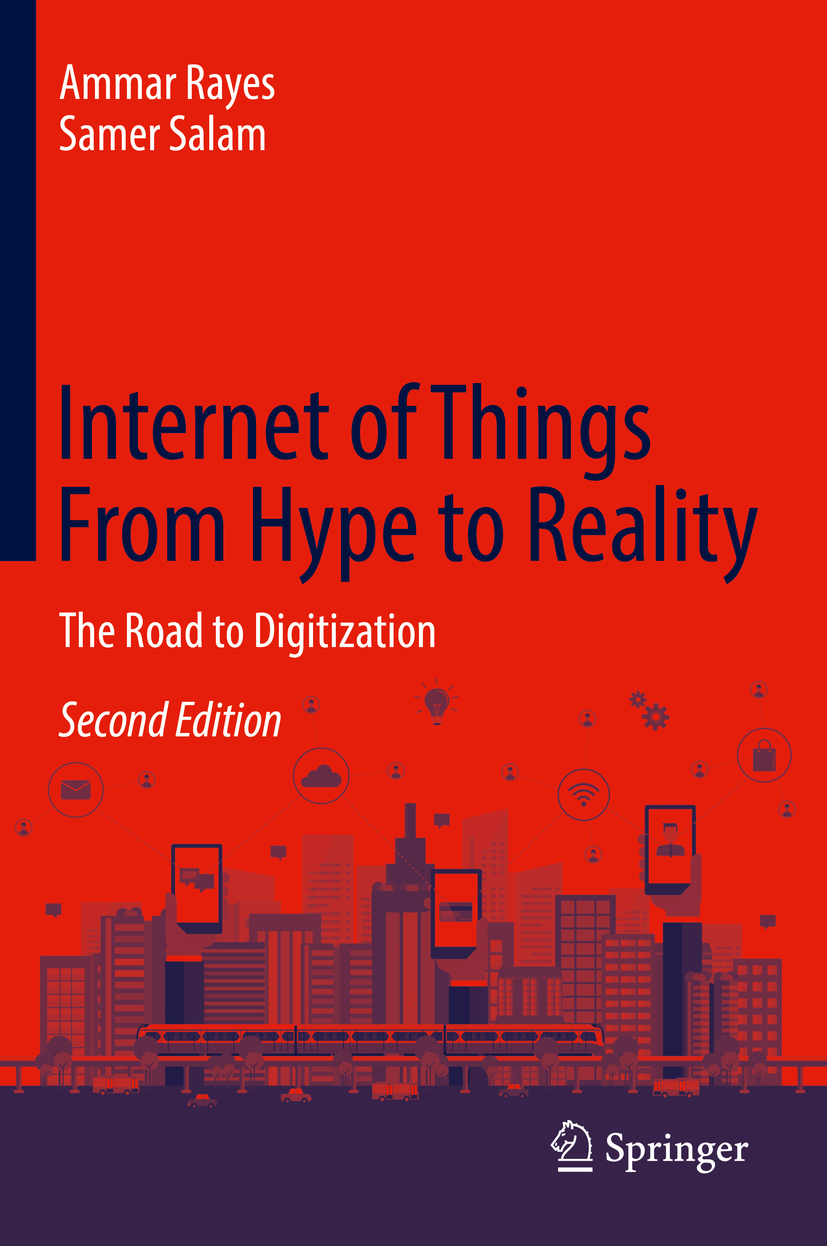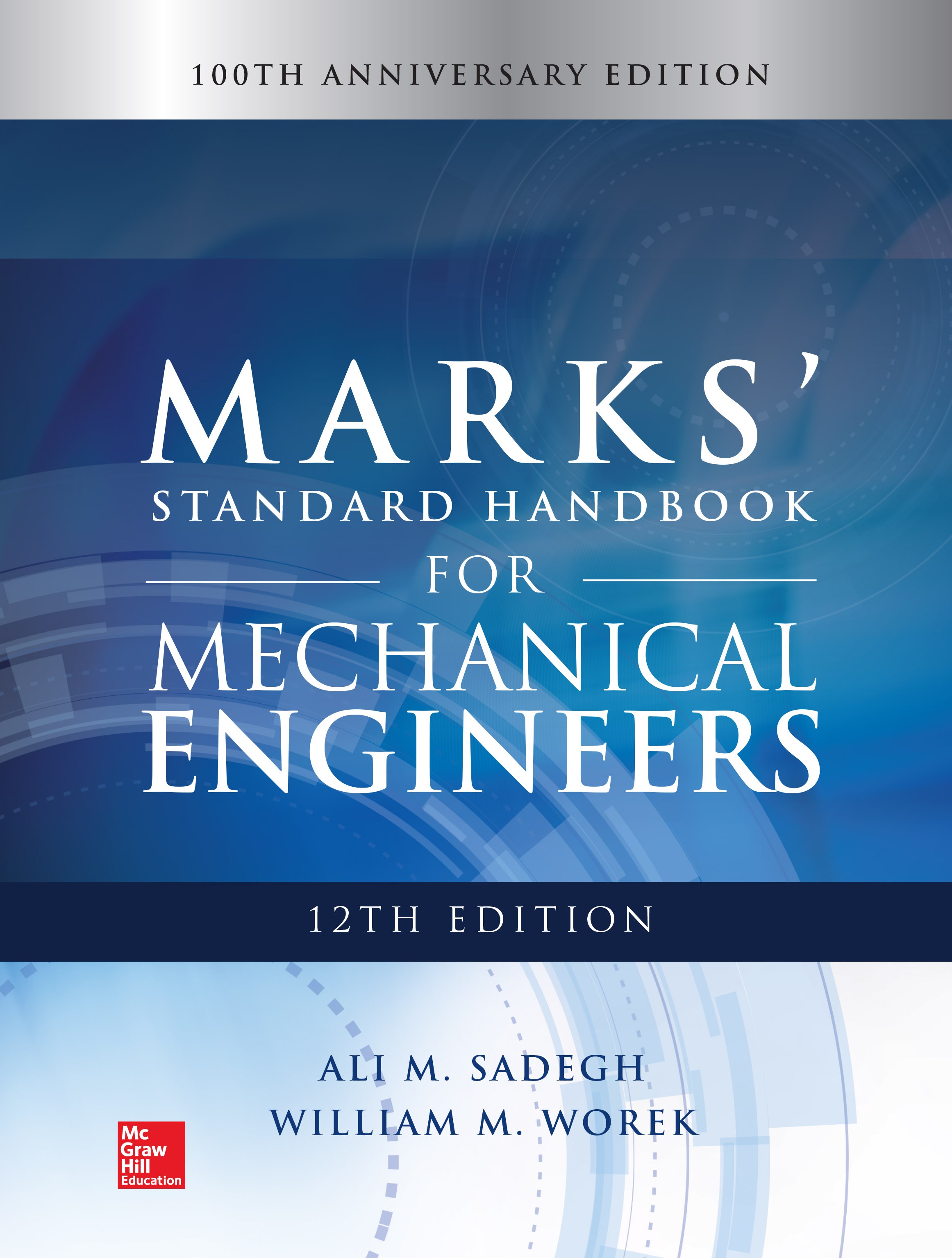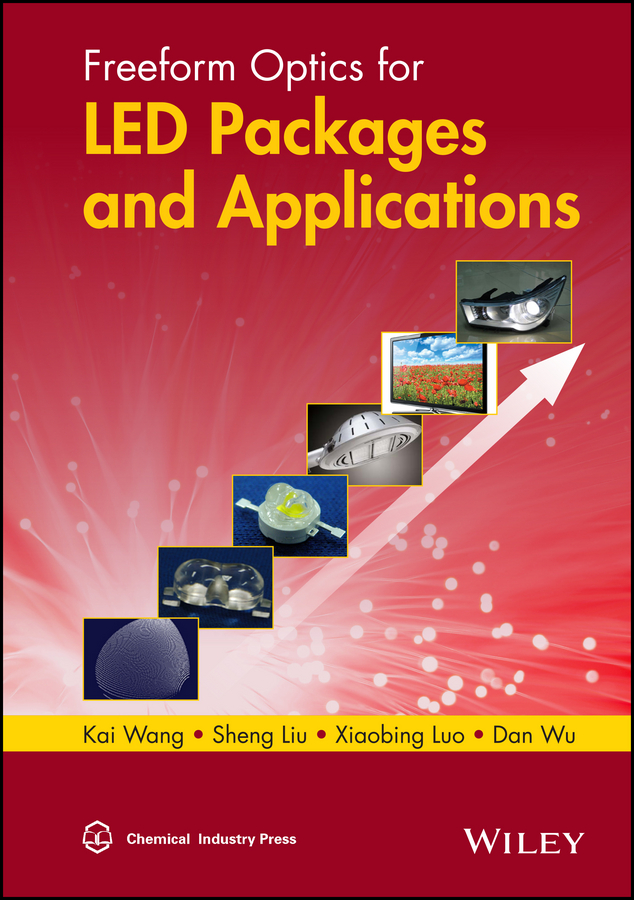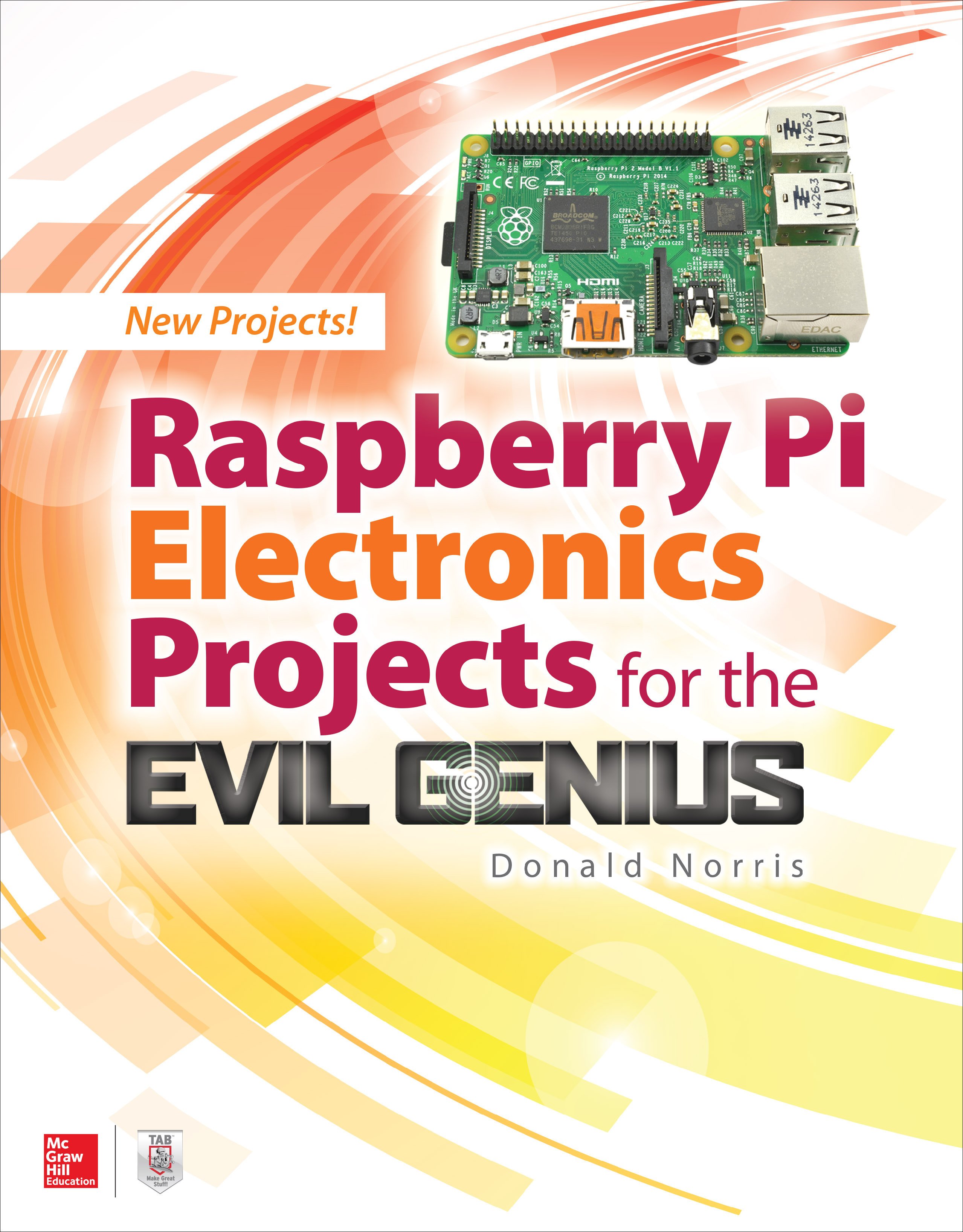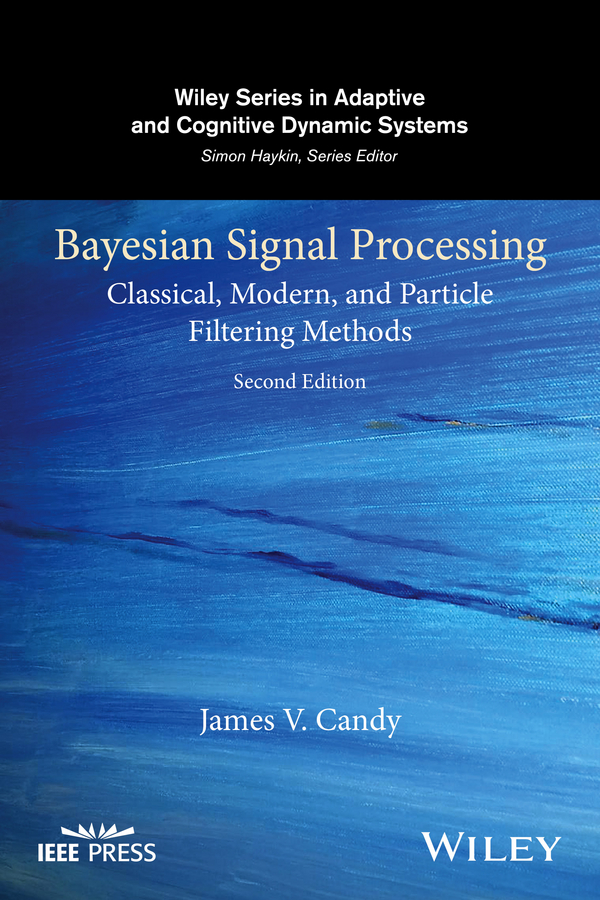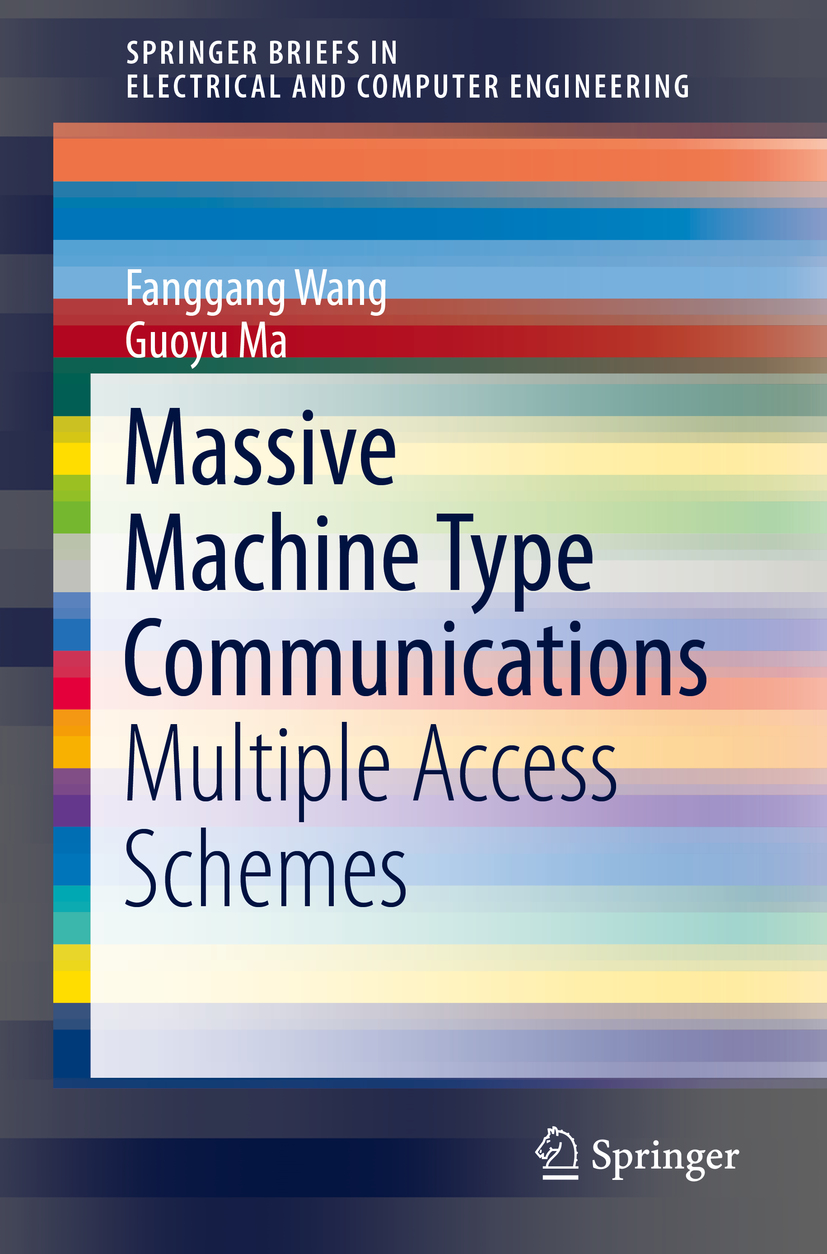Advanced Intelligent Systems for Sustainable Development (AI2SD’2019)
Advanced Intelligent Systems for Sustainable Development (AI2SD’2019)
This book summarizes the latest research on advanced intelligent systems in the fields of energy and electrical engineering, presented at the second edition of the International Conference on Advanced Intelligent Systems for Sustainable Develo...
Read more
This book summarizes the latest research on advanced intelligent systems in the fields of energy and electrical engineering, presented at the second edition of the International Conference on Advanced Intelligent Systems for Sustainable Development (AI2SD’2019), held in Marrakech from 8 to 11 July 2019, Morocco. This book is intended for researchers, professionals and anyone interested in the development of advanced intelligent systems in the electrical engineering sector. The solutions featured focus on three main areas: motion control in complex electromechanical systems, including sensorless control; fault diagnosis and fault-tolerant control of electric drives; and new control algorithms for power electronics converters. In addition, the book includes a range of research using new technologies and advanced approaches. Offering a platform for researchers in the field of energy to share their work related to the problem of management and optimization of energy, which is a major current concern, the book mainly focuses on areas that go hand in hand with the Industrial Revolution 4.0, such as solar energy computing systems, smart grids, hydroelectric power computing systems, thermal and recycling computing systems, eco-design intelligent computing systems, renewable energy for IT equipment, modeling green technology, and renewable energy systems in smart cities. The authors of each chapter report the state of the art in the topics addressed and the results of their own research, laboratory experiments, and successful applications in order to share the concept of advanced intelligent systems and appropriate tools and techniques for modeling, storage management, as well as decision support in the field of electrical engineering. Further, the book discusses a number of future trends and the potential for linking control theory, power electronics, artificial neural networks, embedded controllers and signal processing.
Less


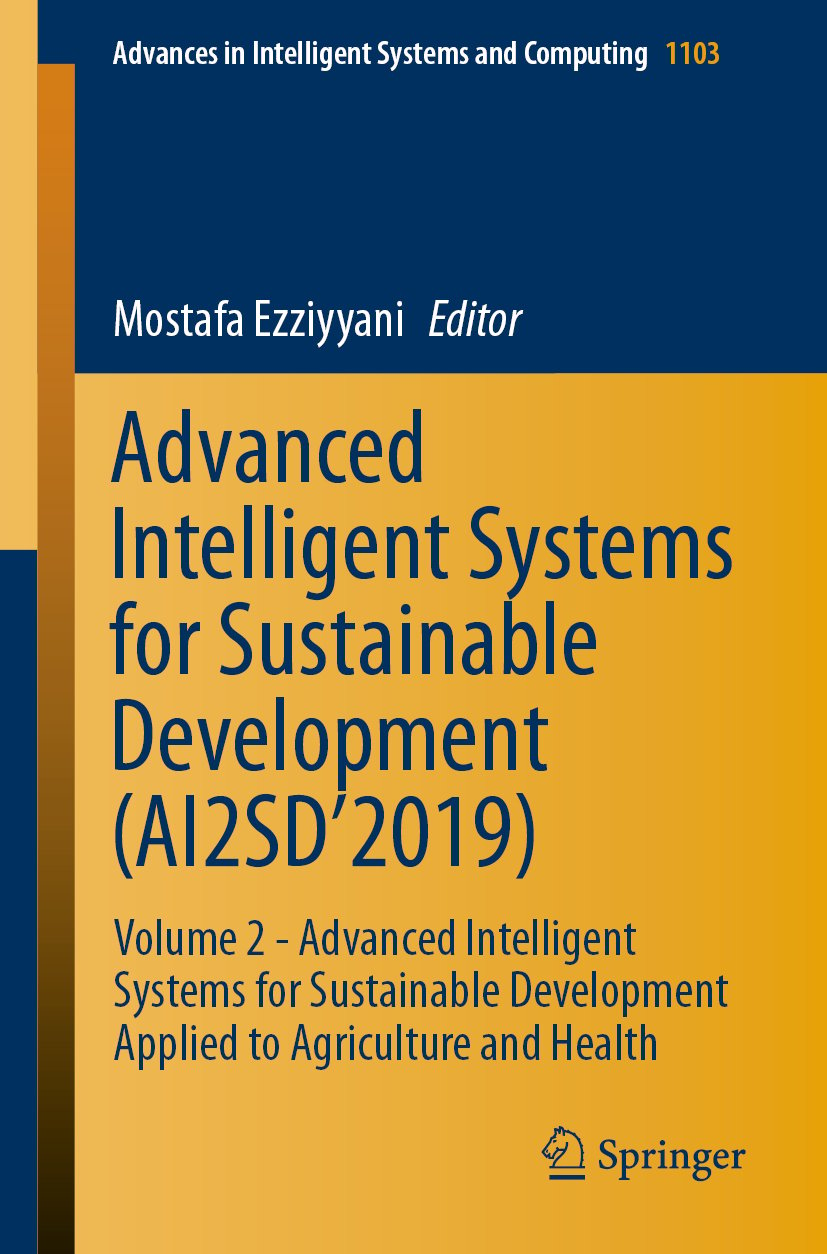





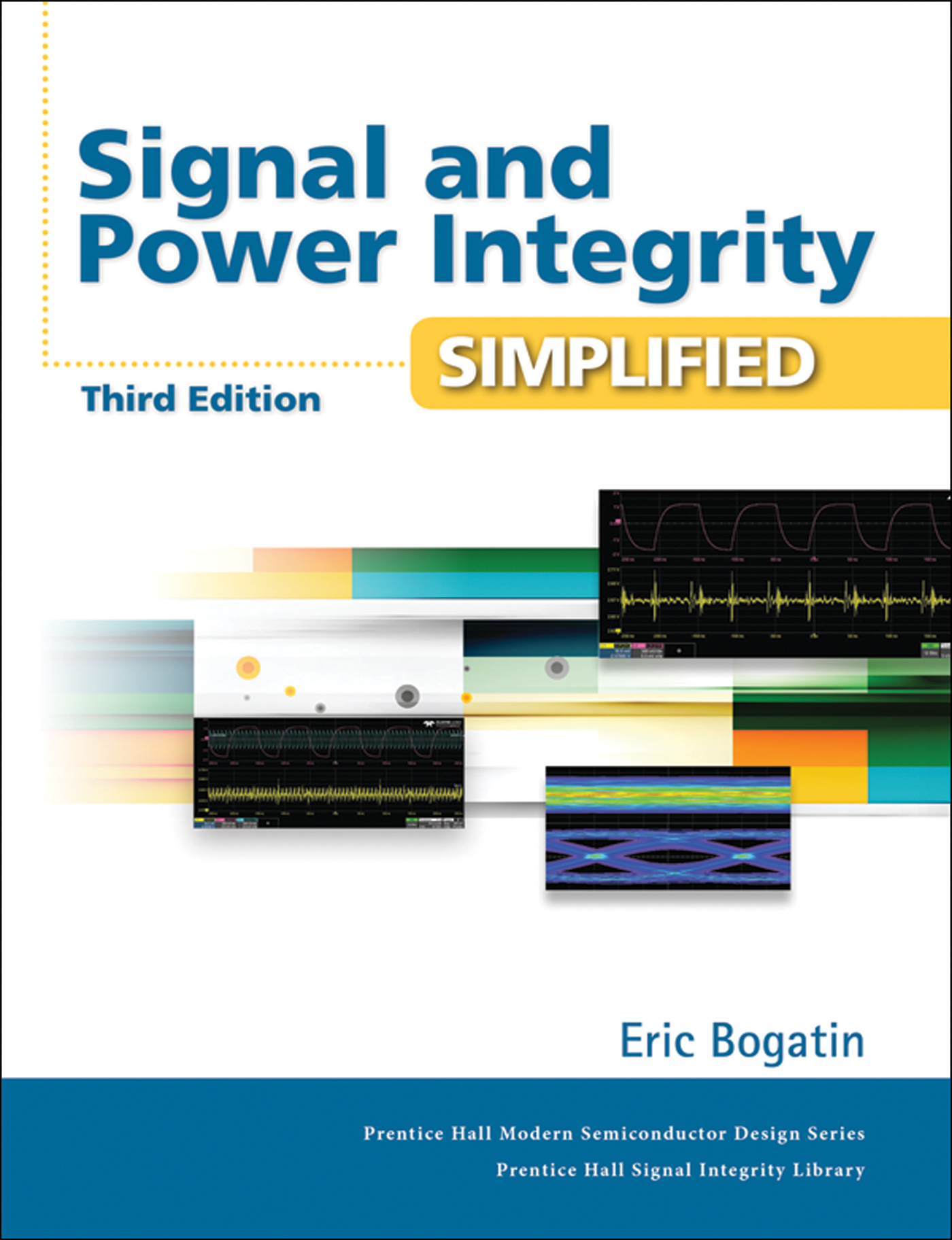




.jpg)
